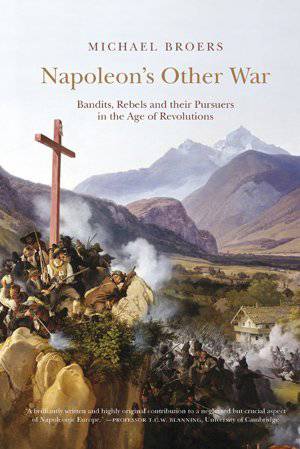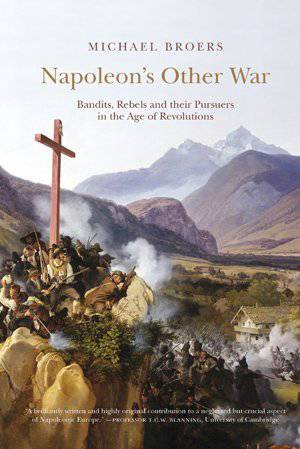
- Retrait gratuit dans votre magasin Club
- 7.000.000 titres dans notre catalogue
- Payer en toute sécurité
- Toujours un magasin près de chez vous
- Retrait gratuit dans votre magasin Club
- 7.000.0000 titres dans notre catalogue
- Payer en toute sécurité
- Toujours un magasin près de chez vous
Description
The wars of Napoleon are among the best-known and most exciting episodes in world history. Less well known is the uproar the armies stirred up in their path, and even more, the chaos they left in their wake. The 'knock-on effect' of Napoleon's sweep across Europe went further than is often remembered: his invasion of Spain triggered the collapse of the Spanish Empire in Latin America, and his meddling in the Balkans destabilised the Ottomans. Many places had been riven with banditry and popular tumult from time immemorial, characteristics which worsened in the havoc wrought by the wars. Other areas had known relative calm before the arrival of the French in 1792, but even the most pacific societies were disrupted by these conflagrations.
Behind the battle fronts raged other conflicts, 'little wars' - the guerrilla (the term was born in these years) - and bigger ones, where whole provinces rose up in arms. Bandits often stood at the centre of these 'dirty wars' of ambushes, night raids, living hard in tough terrain, of plunder, rapine and early, violent death, which spread across the whole western world from Constantinople to Chile. Everywhere, they threw up unlikely characters - ordinary men who emerged as leaders, bandits who became presidents, priests who became warriors, lawyers who became murdering criminals. In studying these varying fortunes, Michael Broers provides an insight into a lost world of peasant life, a world Napoleon did so much to sweep away.
Spécifications
Parties prenantes
- Auteur(s) :
- Editeur:
Contenu
- Nombre de pages :
- 248
- Langue:
- Français
- Collection :
- Tome:
- n° 18
Caractéristiques
- EAN:
- 9781906165116
- Date de parution :
- 28-04-10
- Format:
- Livre relié
- Format numérique:
- Genaaid
- Dimensions :
- 155 mm x 236 mm
- Poids :
- 680 g

Les avis
Nous publions uniquement les avis qui respectent les conditions requises. Consultez nos conditions pour les avis.






